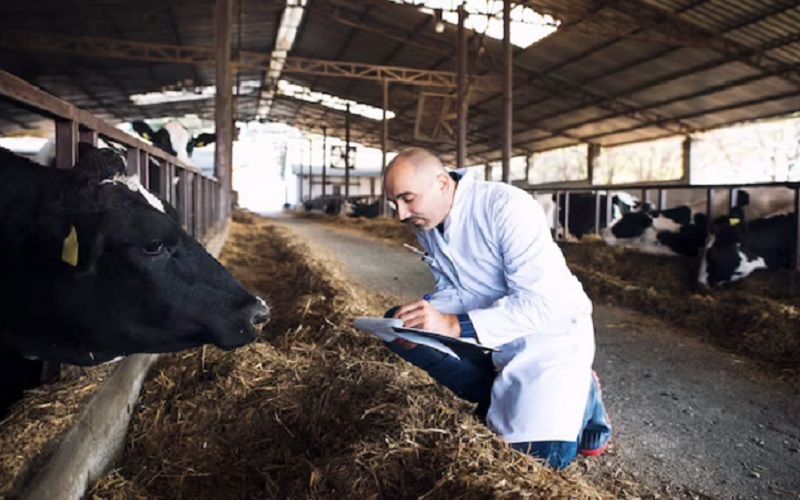Harnessing anaerobic digestion: a key solution to the methane challenge

Methane, a potent greenhouse gas, contributes significantly to global warming, with methane emissions being responsible for a third of modern global warming and being 87 times more potent than carbon dioxide over 20 years.
The report emphasizes the importance of implementing measures to achieve the 30x30 goal and highlights the role of anaerobic digestion of organic waste as a complementary strategy. Anaerobic digestion involves capturing methane biogases from food waste and agricultural manure as they decompose in sealed tanks called anaerobic digesters (ADs). These captured gases can then be used to generate local power and heat or refined into renewable natural gas (RNG), significantly reducing greenhouse gas emissions.
According to Energy Vision's findings, fully implementing the New Source Performance Standards (NSPS) tightening methane requirements for oil and gas production could cut U.S. methane emissions by 17.5% by 2029. However, to achieve the remaining reduction to meet the 30x30 goal, approximately 4,700 new ADs would need to be built. These ADs, including those processing municipal and industrial food waste as well as dairy and swine manure, could further reduce U.S. methane emissions by an additional 13.6%.
While the total capital cost for building these ADs is estimated at about $74 billion, tax credits and other financing options under the Inflation Reduction Act can help offset some of these costs. Despite the initial investment, ADs offer a sustainable and cost-effective solution to methane emissions reduction. They are capable of making RNG "net carbon-negative" over its lifecycle, contributing significantly to climate change mitigation efforts.
Michael Lerner, Energy Vision's director of research and publications, emphasized the importance of ADs, describing them as the "missing piece" in achieving the 30x30 goal. Similarly, Durwood Zaelke, founder and president of the Institute for Governance & Sustainable Development, highlighted the urgency of addressing methane emissions to safeguard the planet.
Matthew Tomich, president of Energy Vision, emphasized the need for comparable strategies to cut methane emissions from landfills and agriculture, underscoring the impactful role of ADs in achieving this goal. By leveraging anaerobic digestion technology, the U.S. and other countries can bend the curve on climate change and work towards a more sustainable future.











